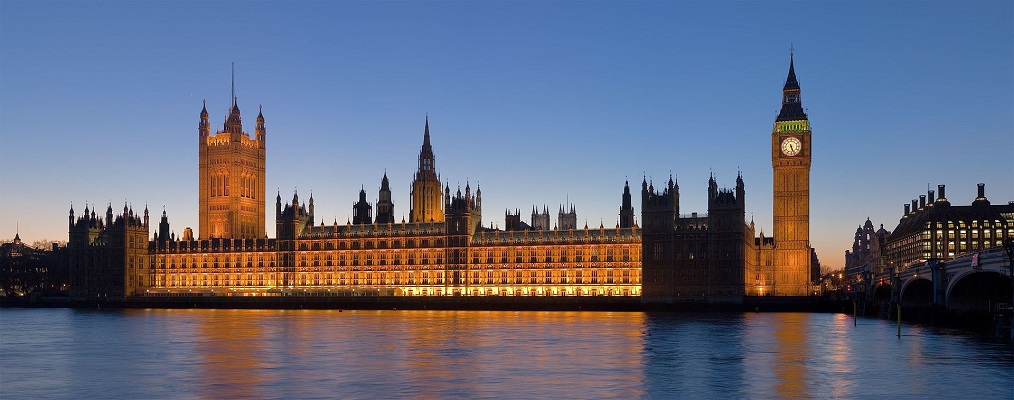In July 2021, the Department of Digital, Media, Culture and Sport (DCMS) published its long-awaited Online Media Literacy Strategy. This is a significant development, as it is the first time that the UK Government has set out a strategic framework that addresses the know-how that people need to make sense of the online media world. It is also the first time that UK public policy has explicitly acknowledged the place and importance of information literacy – even if the Strategy perceives information literacy as a subset of media literacy.
The Information Literacy Group with CILIP have quickly produced a response to the Strategy, which is reproduced in full here. In this, we welcome how the Strategy represents a cohesive, holistic vision which recognises media literacy as an issue of fundamental importance to society. The document contains much to be pleased about; for instance:
– the recognition of the role of the library profession;
– the set of principles, including the need for critical thinking, that underpin the Strategy;
– the recognition also of the significant challenges that need to be addressed, including building resilience to disinformation.
But, at the same time, there are major shortcomings and omissions, and our response highlights two in particular: the extent to which the Strategy is based on the countering of harms and threats, with little consideration of how media and information literacy are not just countermeasures, but are inherent to the workings of democratic, inclusive societies; and the failure properly to address the inadequacies of the school education system and the curriculum.
Nevertheless, the Strategy represents a starting point, and DCMS have committed to implement it through annual action plans, the first of which was set out as an annex to the Strategy. DCMS are also showing a willingness to engage with a wide range of players, including civil society stakeholders, to help turn the Strategy into reality. ILG has been in occasional dialogue with DCMS for around three years, and we now expect this engagement to deepen. Early in August 2021, Nick Poole (on behalf of CILIP) and Jane Secker and Stéphane Goldstein (on behalf of ILG) had a very constructive meeting with DCMS colleagues, to discuss our response and to start exploring how we might contribute to developments over the coming months and beyond. The newly-created Media and Information Literacy Alliance, fostered by CILIP and ILG, is likely to be a factor in these developments.
Your thoughts and comments on the Strategy are very welcome.


Three years and not much nearer actual action. Talking is good but there are so few years between Governments. I doubt much will happen of any import.
Prove me wrong!